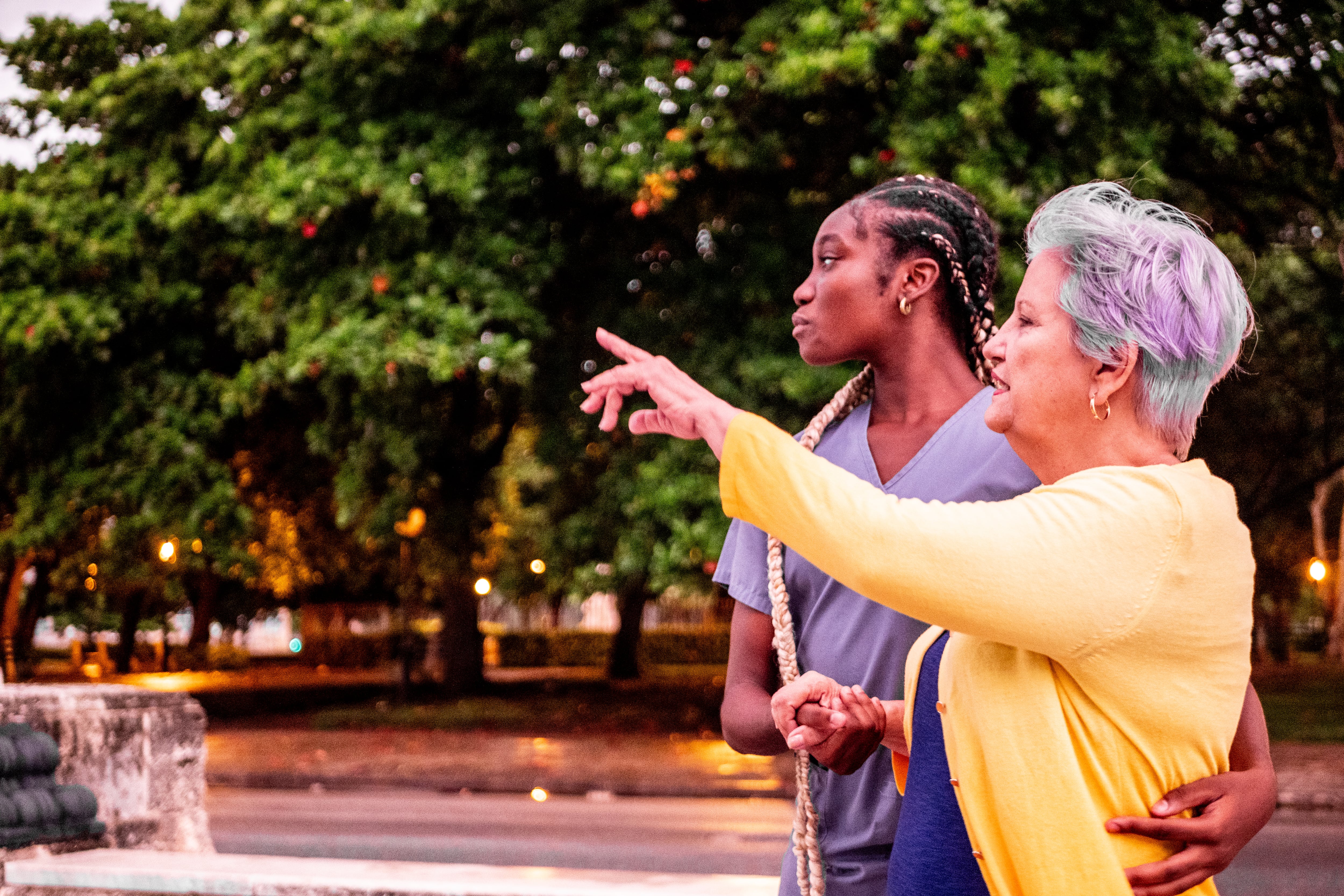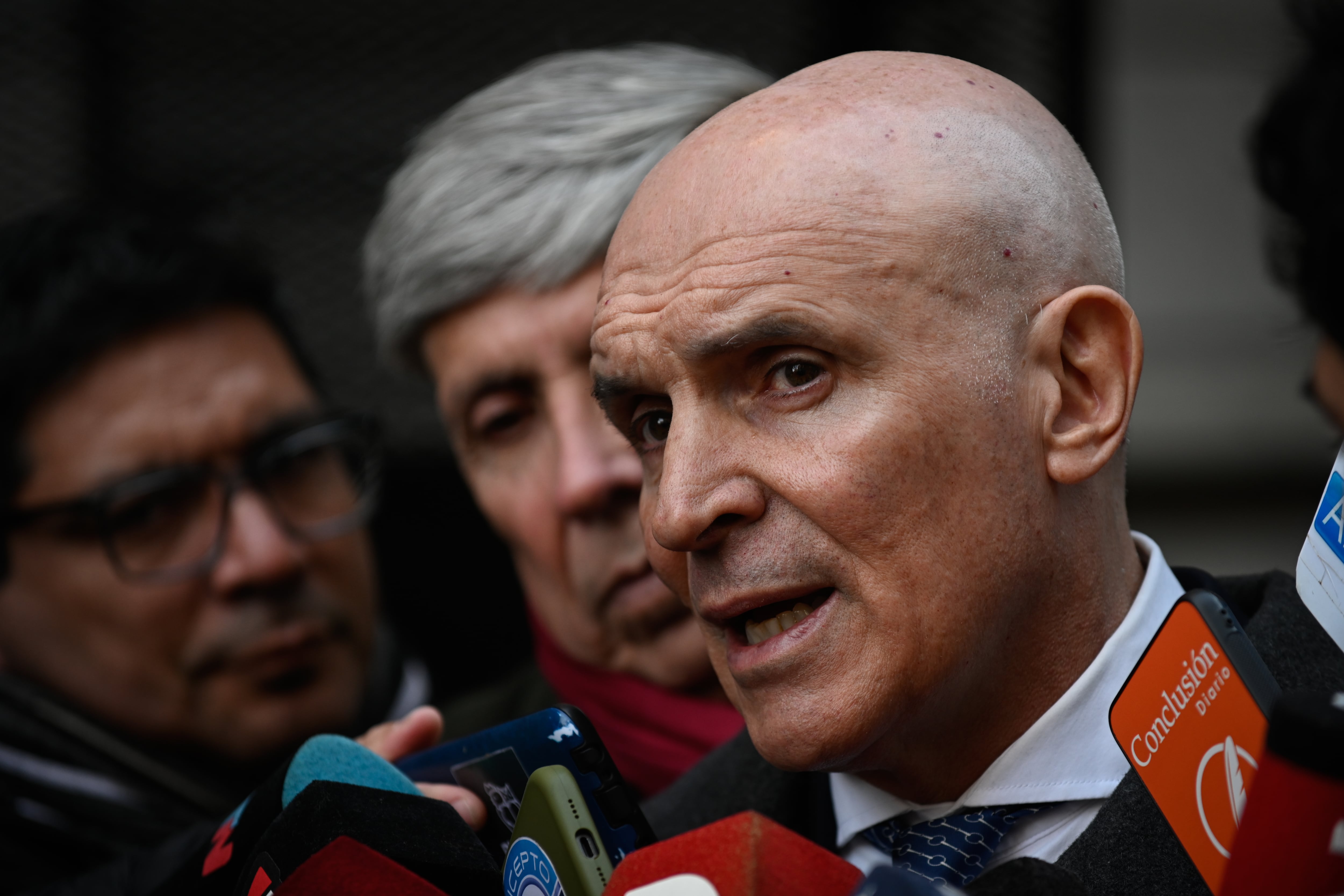
The country offers in the open America section for its daily and global informative contribution to sustainable development. If you want to support our journalism, subscribe here.
Imagine that each neighborhood of the Andean Altiplano or the Caribbean islands have affordable child care centers, day centers for older people, safe transport and that all family members have time for their self -care and personal development. That horizon, where taking care of is a shared responsibility and there is the necessary care infrastructure, is not just a dream, it is something that can come true with the road map adopted in Tlatelolco’s commitment, during the XVI Regional Conference on Women of Latin America and the Caribbean, held in August in Mexico City.
The intergovernmental agreement recognizes that providing and receiving care and self -care is a human right and a responsibility that shares homes, communities, companies and state. The care society paradigm recognizes the disproportionate charge of care work that women assume mostly and proposes opportunities for millions of women to study, work in a paid manner and participate fully in public life.
The commitment of Tlatelolco launches a decade of action for the achievement of substantive equality and the society of care and draws a route to redirect financing, rename budgets and transform cultural laws and practices throughout the region.
In the advisory opinion of 2025 (OC-31/25), the Inter-American Court of Human Rights establishes that “there is an autonomous right to care” and that “therefore corresponds to the States to respect and guarantee this right, as well as adopt legislative measures and other character to achieve its full effectiveness.” This means that each budget, each tax reform and each public policy must be aligned with three unavoidable principles: progressivity, no substantive regression and equality. Care, such as health or education, now enters human rights that may be demanded before national judges and, if necessary, before the inter -American system.
In order for the right to take care of, to receive care and self -care is exercised in the territories, it is necessary to map the supply and demand for care and improve and create new services. That is, to create infrastructure with a gender perspective based on the needs of populations in the territory, which is where people’s daily life materializes.
The commitment calls to mobilize local, national and international resources and to promote progressive fiscal policies that guarantee sufficient and sustained budgets for comprehensive care systems. This is a call to assess the contribution of the care work – clear and unpaid – to the society as a whole and measure its benefits in terms of well -being, decent employment and tax reforms.
The advanced vision of Tlatelolco’s commitment and the advisory opinion of the Inter -American Court would not have been possible without the strength of those who have been taking care in the center.
Feminist movements, indigenous, Afro -descendant and rural organizations, the networks of women with disabilities, migrants, youth and LGBTI+, whose constant thrust does not allow setbacks to the regional gender agenda. Also the working people of care that have been grouped to express their demands and all those women who carry out community care work in a daily and committed way; Feminist academics, who have postulated the unequal distribution of care work and demonstrated their contribution to the productive system and the wealth of countries. On the other hand, governments at all levels – federal, state, provincial and municipal – and parliaments have assumed the commitment to legislate or assign budgets that guarantee the effective enjoyment of the right to care.
Today we invite concerted action. We ask parliaments that have not yet done so that they approve care systems and policies with sufficient resources, the Ministries of Finance to assign budgets with a gender perspective for effective co -responsibility, to local governments and communities that design care infrastructure adapted to the diversity of territories, cities, towns and islands; already the citizenship as a whole that advances in the redistribution of care and demands the fulfillment of the right to care. Also to the private sector, large, medium and small companies, which assume social co -responsibility with actions and initiatives that respect the right to care, promote the decent work and professional development of women, who have much to contribute to the productive development of countries.
Tlatelolco’s commitment is a milestone on the shared route to 2035 with equality and social justice. If we honor it, Latin America and the Caribbean will be able to reduce gender gaps, reduce poverty, forge resilient economies and promote stronger democracies. We invite you to join – from their homes, their communities, their governments and their companies – so that this decade of action accelerates the achievement of substantive gender equality and the care society.
For more updates, visit our homepage: NewsTimesWire



